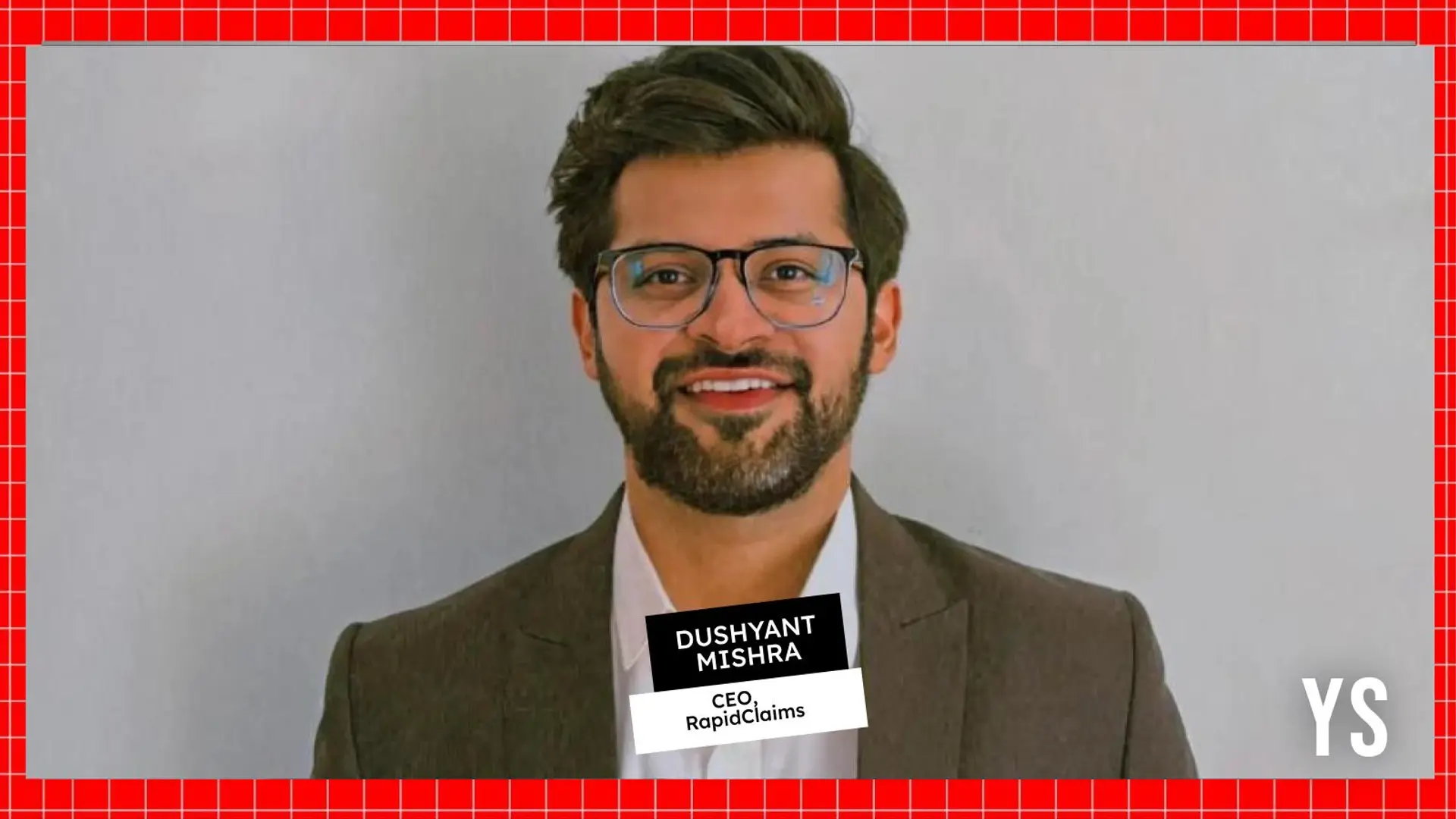How this couple is slowly building Kokaachi, a startup in the serious business of comics
Homegrown comic startup Kokaachi is surviving and growing in an industry set against it while staying true to its niche roots.
“Is there really a ‘market’ for comics in India?” muses Pratheek Thomas, Co-founder, Kokaachi. “The market for the new wave of comics – home grown or international – is very nascent here. Amar Chitra Katha, Tinkle and Raj Comics have been there from time immemorial and they have a decent audience. But the kind of comics we’re creating at Kokaachi is even more select. There are no superheroes or mythologies. We’ve mostly told realistic fiction with a dash of the quirky and fun. So, the space we occupy is really small and carefully curated.”
Kokaachi
An independent storytelling studio based out of Kochi, Kokaachi was founded by husband-wife duo Pratheek and Tina Thomas in 2014. With forays into feature films, animation and children’s books, Kokaachi has its fingers in many pies. But the Thomases' real passion lies with comics.

“As storytellers, we’re medium-agnostic,” says Pratheek. “There are two sides to what we do at Kokaachi. We create and publish comics and illustrated story books – like Hush, Mixtape, Matchbox Comix. We also do a sketch-meet up called Vara at our little studio in Kochi.
“On the other side, we take up commissioned projects. We recently created a few comics for the Election Commission of India. We’ve created a children’s comic book for a Delhi-based company and we’ve also headlined and created the animation sequences for three feature films and an ad film (this is in collaboration with other animation studios). We’re currently working on the game design of a learning app, a children’s book funded by National Geographic and we’ve also created short animations for a medical-tech company in Bengaluru.”
One startup to another
Comics has long been a passion for the couple. Each gave up lucrative careers in corporate industries to launch their
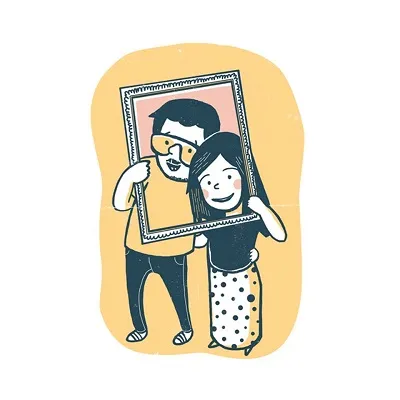
first startup Manta Ray, with another partner, where they were making experimental comics and had gathered a loyal following. The company had to shut operations by 2013 but Pratheek and Tina’s passion for illustrated storytelling had been irrevocably whetted. They decided to start Kokaachi to develop further the concepts introduced in Manta Ray.
Multiple paths to sustainability
The revenue from Kokaachi’s commissioned projects funds the creation and publication of its comics and illustrated stories. With this balance, they are poised to become profitable in the next 12 to 18 months. Pratheek says, “When we started out, we were younger and more foolish. We just wanted to tell stories and make comics. That was seven years ago. After being in this ‘industry,’ what we know is that the revenue we make from the sales of our books or comics cannot sustain us. Our biggest challenge today is to find what will. And we don’t think it’s one single path that will lead us there. We’ll have to explore and execute multiple paths.”
To that end, the Kokaachi team is immersed in creating picture books, toys, films, animation, and products. “We don’t look at comics as disposable commodities but as keepsakes. This philosophy extends to anything we do, be it a picture book, T-shirt, mug or a bookmark. We want to create things that people will cherish and keep with them,” he adds.
An uphill task
With Kokaachi, Pratheek and Tina find themselves in a perplexing situation. Globally, the comic industry is exploding, thanks to digital access and emergence of diverse creators from differing backgrounds driven to tell their stories via this evocative medium. But in India people willing to pay for content, especially in a genre as experimental as comics when the internet provides audio, video and web content for free, has only shrunk.
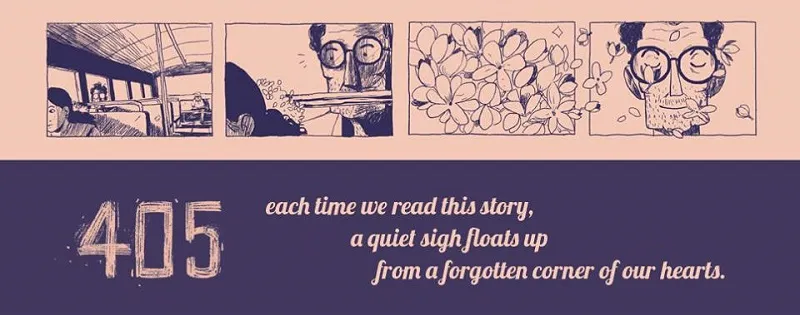
“In India, no comic book company has really been able to make an impact in the mainstream audience. People have tried everything from mythology remixes to superhero, sci-fi, and horror. But nothing has really clicked on a larger scale. The most common reason we’ve heard is that we don’t have a tradition of reading comics in India,” says Pratheek.
With their gorgeous typeface, creative design and compelling renditions of the everyday ordinary, Kokaachi comic books are a work of art. But what sets them apart is also what restricts them. He says, “Accessibility to content is definitely a hurdle. Print comics are limited to bookstores, which are dwindling. And none of the comics are made specifically for digital reading.” At the heart of Kokaachi is the question about how to get people excited about a completely new way of storytelling. “Having to create a market for what we’re making is an uphill task,” he adds.
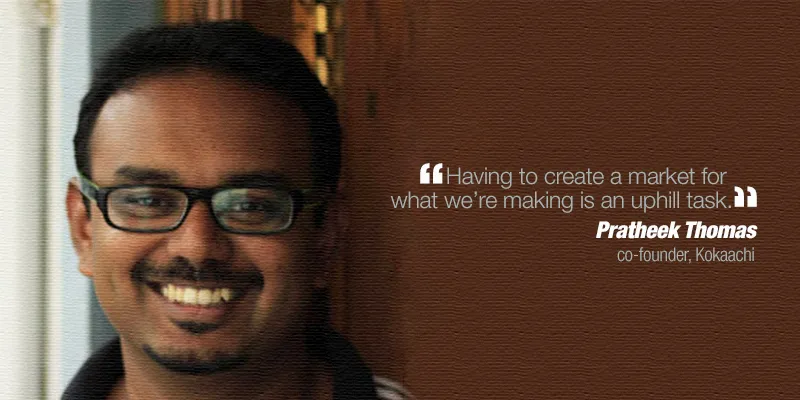
Pratheek feels encouraged by what fellow comic entrepreneur Vivek Goel has achieved with his venture, ‘Holy Cow Entertainment.’ “He has championed his brand of comics which are rooted in Indian mythology but added his own sensibilities to it and a community for these stories. Holy Cow has put out books regularly and consistently over the past five years. I don’t think anyone else has managed to do that in India, and that is something truly amazing,” he says.
Future
Kokaachi ventured into the film world with Mani Ratnam’s Ok Kanmani. That resulted in them being recruited for the movie’s Bollywood adaption Ok Jaanu, and have since turned veteran with the upcoming Saif Ali Khan starrer Kaalakaandi. Their comic books have reached about 3,000 people. The goal, Pratheek says, is to create a readership base of 10,000.
Pratheek says they haven’t even scratched the surface of all that they’d like to create at Kokaachi. But all plans of scaling have to be tread with caution. He says, “We’re not in a hurry to scale up immediately, to be honest. Our first goal is to become sustainable as a business. We want to strike the right balance between the publishing and commissioned projects we take up and put together a small team that is as enthusiastic as we are about bringing out stories into the world.”
That said, they do have grand dreams: “To continue to create meaningful, nutritious, soulful, contemporary stories. To make the world a better place through stories and storytelling. And to transform into the world’s best storytelling house from India.”
A roller-coaster adventure
“I think entrepreneurship, like life, is a roller-coaster journey of success and failure. You have to pick yourself up each time and move forward,” says Pratheek. The unsteady income that is a by-product of following one’s passion and lacking a basic support staff has produced nearly insurmountable challenges for the duo. But they persevered, even through failures. “One of our biggest failures is that we were not consistent in our publication schedule. But we managed to change it in the last few months. In the past six months, we released three new titles and are getting ready to release the fourth title, which is a big achievement for a small publisher like us,” says Pratheek.
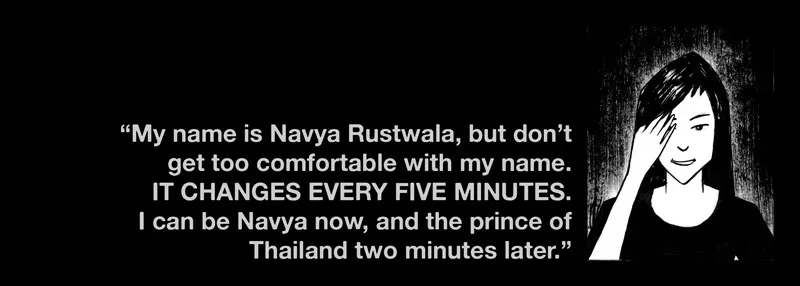
What has made the struggle worth it is the freedom to build their dream the way they envisioned it, to work towards it and to put their souls into that effort. “Nothing beats that,” exclaims Pratheek. “And to see all of our combined efforts result in a beautifully produced book or product and the response from someone who’s discovered it for the first time- that’s immeasurable!”
His advice to fellow creators is wisdom derived from hardship and experience: “There may come a point in your journey when the whole world will tell you that what you’re doing is not viable, especially from a business point of view. The world is most concerned about the monetary viability of a business, more than anything else. It’s with all good intention and you must listen to what they’re saying.
“But you also need to listen to yourself. Call it ‘following your heart’ or ‘gut feeling’ or whatever. But there will be an unmistakable feeling, a voice that will ring out more clearly than all that is being said to you. And that voice will be true. At least, that’s what we believe.
“And it’s equally important, to paraphrase Steve Martin, to be so good, so good, that the world can’t ignore you.”



